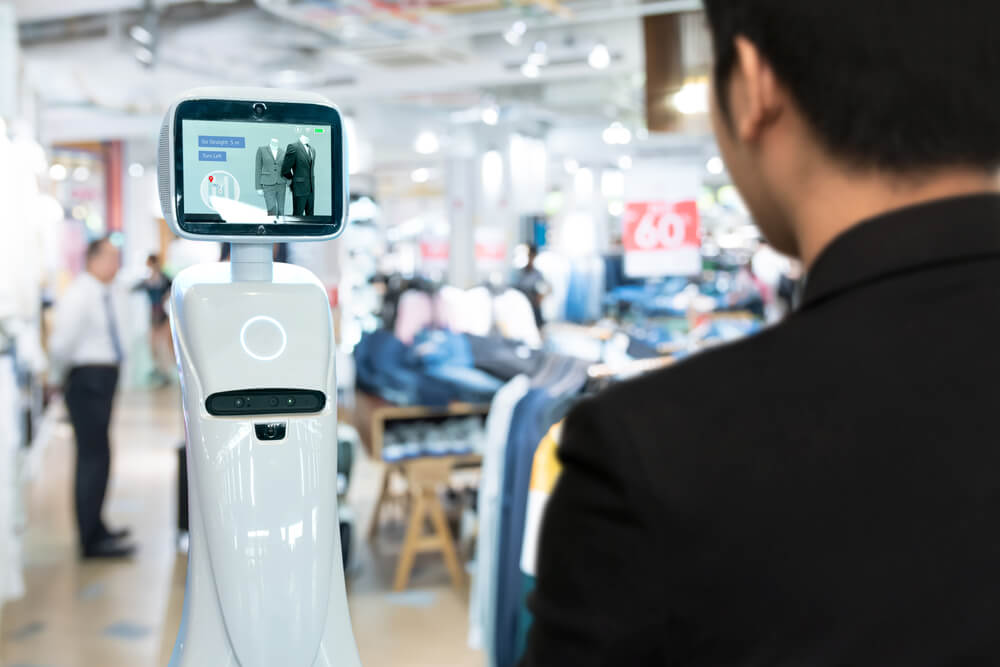Speech Recognition Software A Few Years Down The Road

In this article, our experts take a look at what the future of speech recognition look likes.
Over the years, speech recognition software has taken major leaps. It was only a decade ago when not many of us knew about it. Today, we have grown fond enough to assume that it is pretty difficult to live without it. From cell phones to healthcare, it is used pretty much everywhere in the modern day.
It has become part of our daily lives. Doctors are using this software to transcribe medical documents and making their work efficient. Lawyers are using it for voice recognition while other people are using it to assist them in their routine-based tasks.
Where Is It Headed?
Artificial intelligence is a core aspect of modern technology, and speech recognition software is what defines it best. According to experts, such software will only thrive as we progress. In fact, some even believe that the algorithms will get highly advanced. It will no longer be a matter of what the person is saying. As we move forward, the software will be able to recognize the tone of voice and interpret the manner something is being said in.
In other words, speech recognition software will be able to differentiate a person’s mood and tell if the person is in distress, sad, or angry. In light of the medical field, such advancements in voice recognition software may even allow doctors to diagnose the mental state of a patient.
Its Pace
It is widely believed that medical transcription using speech recognition software is the future of healthcare industry. In fact, there is a large number of physicians in the US healthcare industry who have already opted for speech recognition software for transcribing documents. However, a complete shift to contemporary transcribing methods may take a little more than five years.
The rate of progress will also increase in the years to come. This will lessen the time before the traditional medical transcription methods seize to exist.
Advanced Levels of Software
Speech recognition software may be great today, but it is not perfect. The accuracy is surely there, and the errors are far low as compared to what they were a few years back. As the years pass, this software grows, and a few years down the road, it will have eliminated errors by 100%. Such an error less voice recognition software will be perfect for the healthcare industry when it comes to medical transcriptions.
The Right Track
Did you know that American Recovery and Reinvestment Act (ARRA) requires all healthcare providers to adopt assistive technologies that could improve the quality of service? EHRs have been a core driver of tech like speech recognition software. With more openness to such software, greater growth will be imminent for both the IT and healthcare industries.
